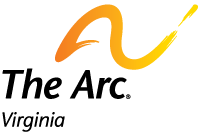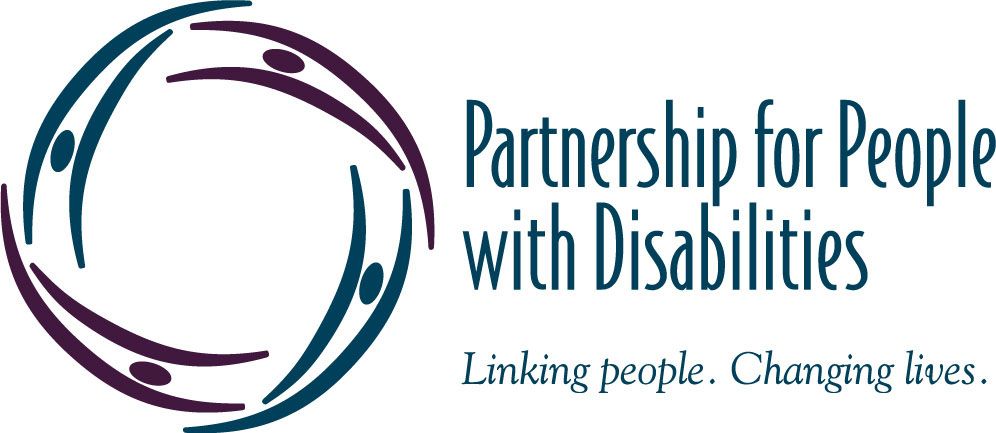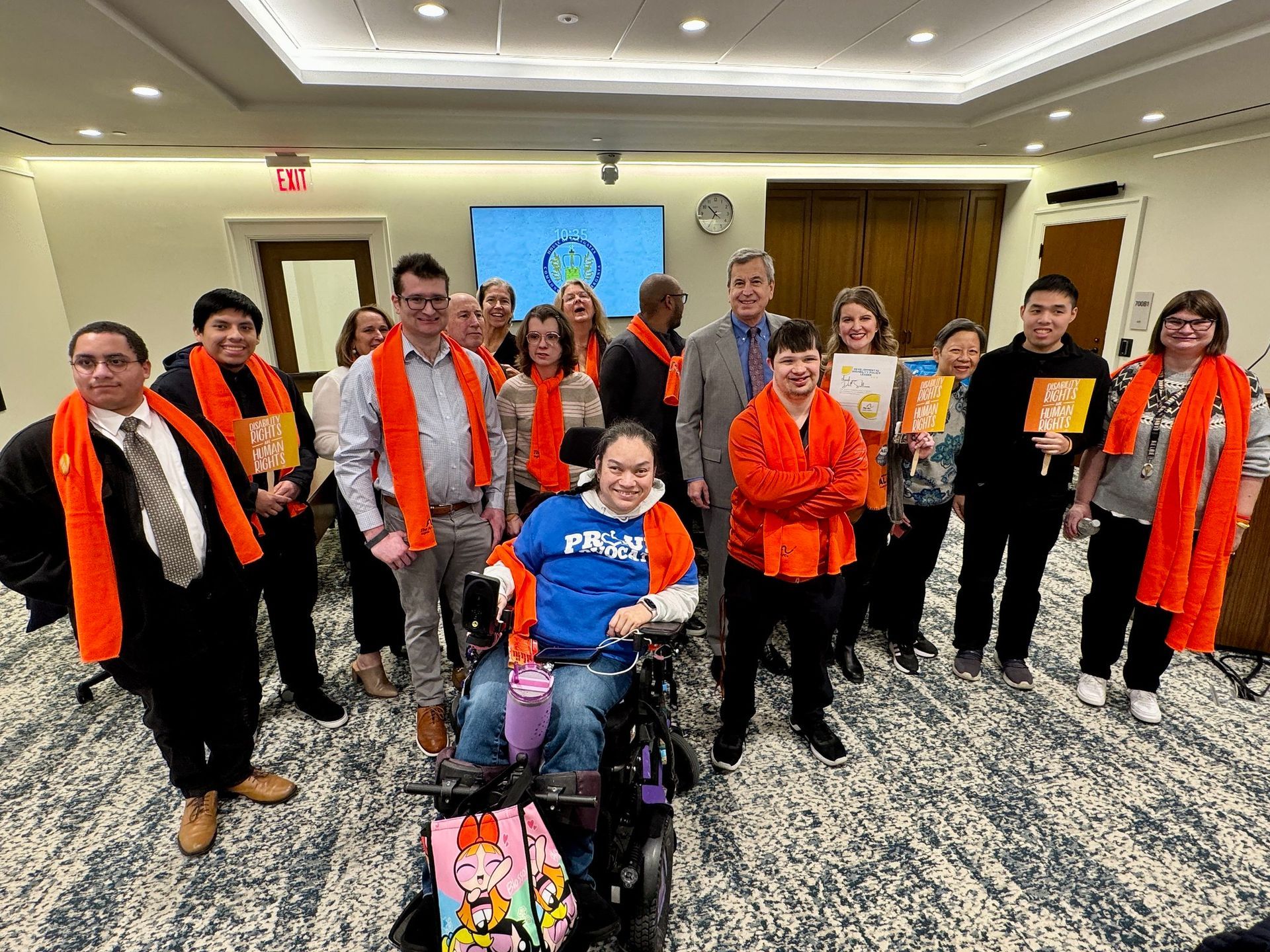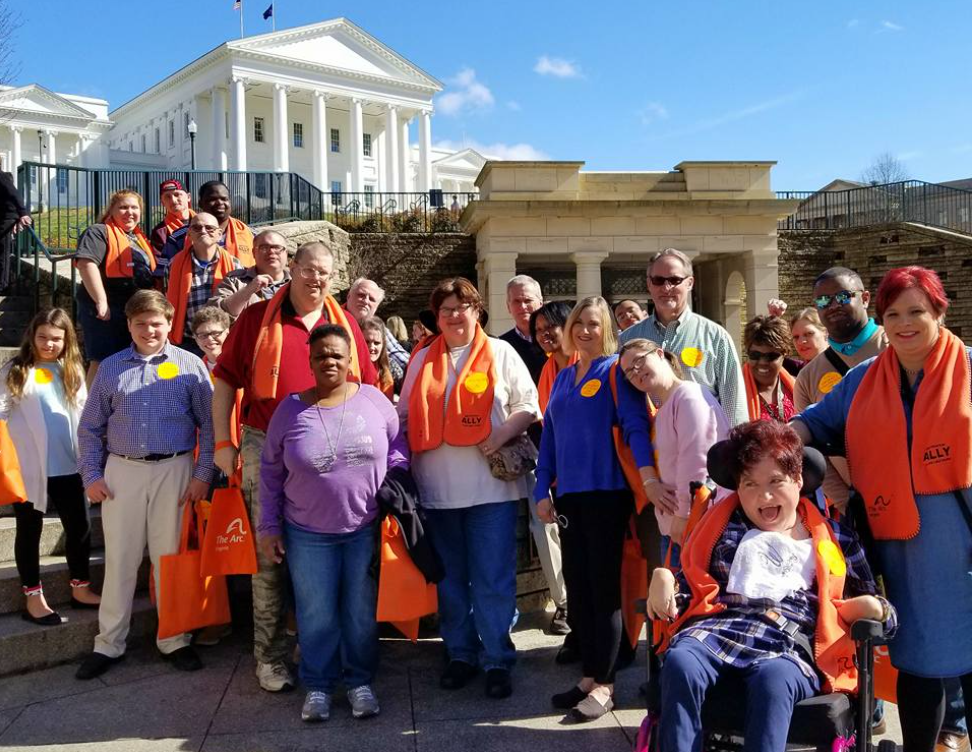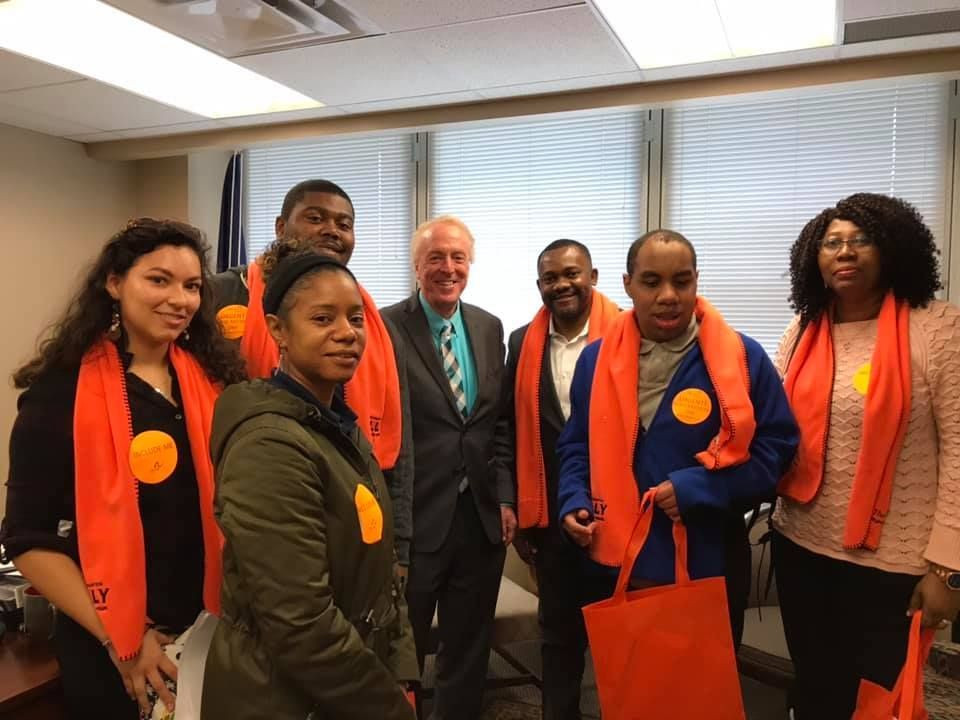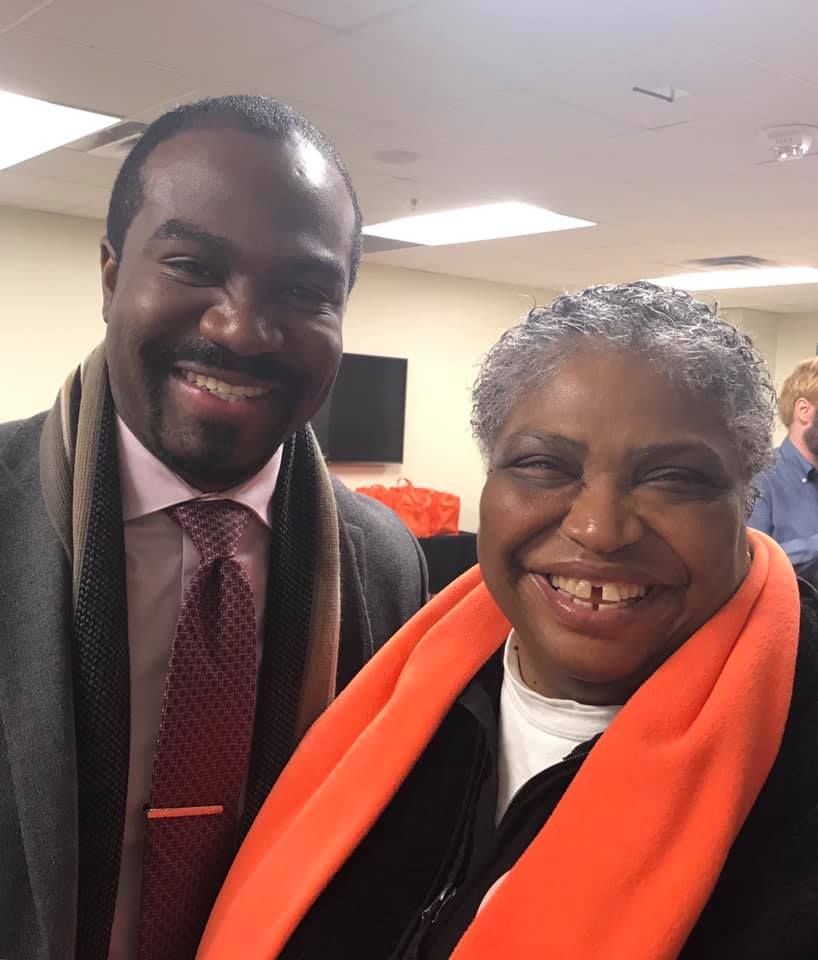Grassroots Advocacy
Real change doesn’t start in policy—it starts in community
At The Arc of Virginia, we believe that the most powerful advocates are the people directly impacted by the system. Grassroots advocacy means organizing, informing, and empowering Virginians to speak up—together.
Building Skills and Confidence
We help people become strong, confident advocates by offering
accessible trainings, practical tools, and one-on-one support. Whether it’s preparing for a legislative meeting or writing public comment, we provide what’s needed to
speak up and be heard—including
easy-to-use information on legislation, talking points, and action steps to help people engage effectively and make an impact.
DD Coalition -Together for Change
Coalition work is essential to building power, expanding inclusion, and creating lasting change. By bringing together organizations, advocates, and allies with shared goals, we amplify our impact and ensure more voices are heard in shaping policy.
Over the past 25 years, The Arc of Virginia has played a leading role in this work—helping to guide and evolve Virginia’s Developmental Disabilities coalition to reflect the needs of the moment and the interests of those participating.
- 2001: Began as the Coalition for Mentally Disabled Citizens, a broad alliance focused on mental health, developmental disabilities, and substance use.
- 2008–2013: Shifted to the Alliance for Community Living, narrowing in on developmental disability priorities.
- 2014–2018: A formal Developmental Disabilities Coalition, with joint leadership and a unified legislative agenda.
- 2019–Present: The coalition became more inclusive and issue-based—inviting organizations to sign on to the priorities that matter most to them, and expanding partnerships.
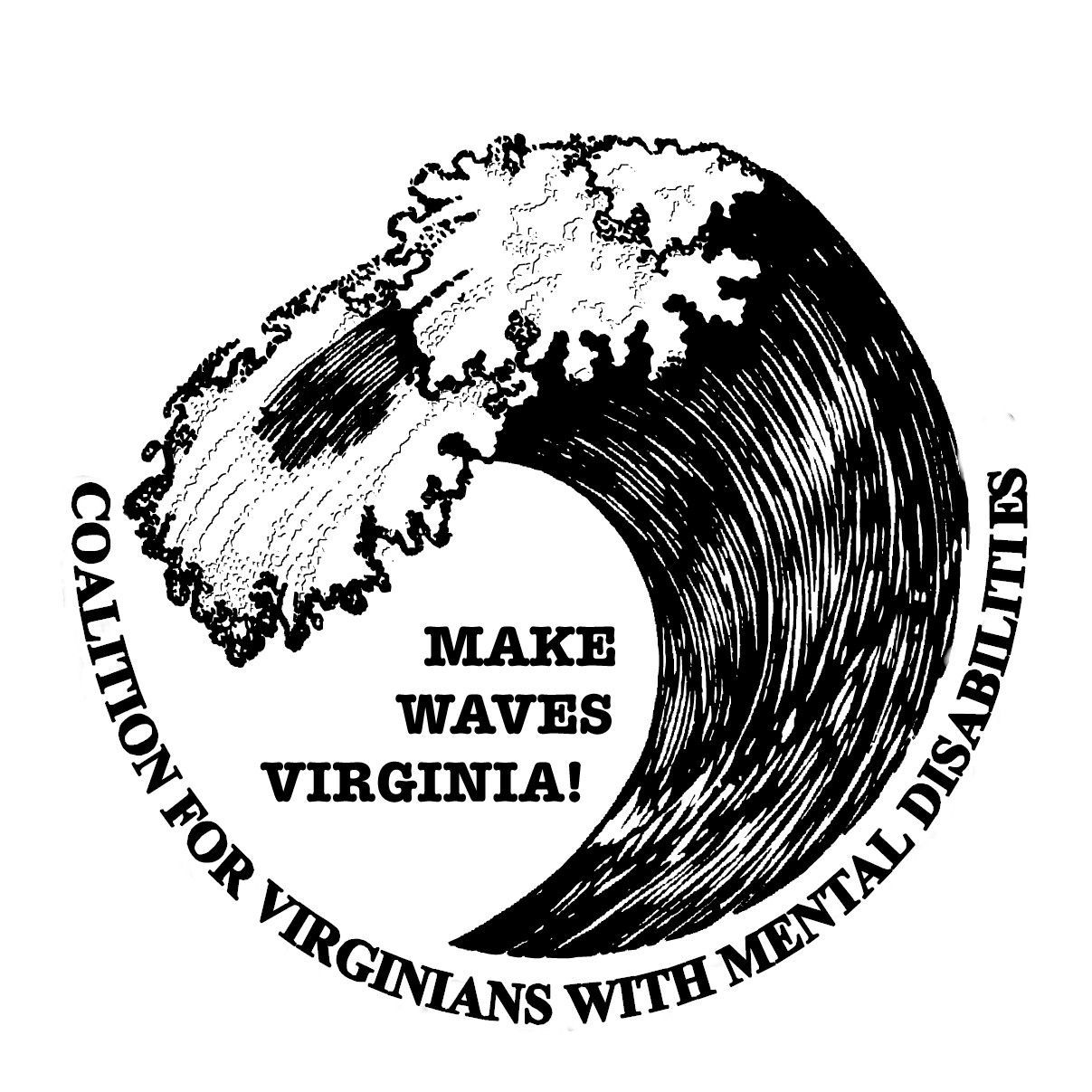
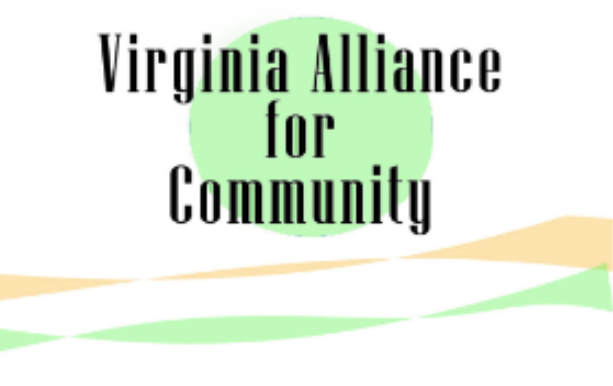

Today and moving forward, the coalition will continue to adapt—grounded in collaboration, driven by the DD community, and strengthened by a shared commitment to progress.
Partners in Strengthening Systems - ACL-Funded Partners in Virginia
Three statewide organizations in Virginia are funded by the Administration for Community Living (ACL) to help improve the lives of people with developmental disabilities and their families. The Virginia Board for People with Disabilities (VBPD) focuses on leadership development and system change. The disAbility Law Center of Virginia (dLCV) protects rights and promotes safety. The Partnership for People with Disabilities at VCU leads research, training, and programs that support inclusion.
While each plays a unique role, they often work together—and with us—to strengthen services, share knowledge, and help create a more inclusive Virginia.
Partners in Advocacy
In recent years, a growing number of organizations have joined the coalition on key issues—bringing broader voices and deeper impact to our advocacy efforts. These partners have included disability-specific organizations, family networks, service providers, and cross-sector allies who align with our shared priorities. Some have signed on to specific policy priorities; others have shared their expertise, research, or stories to strengthen our collective message.
Each year, groups engage in ways that reflect their mission and the needs of the people they serve—helping to build momentum and demonstrate wide-ranging support for developmental disability policy.
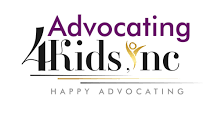
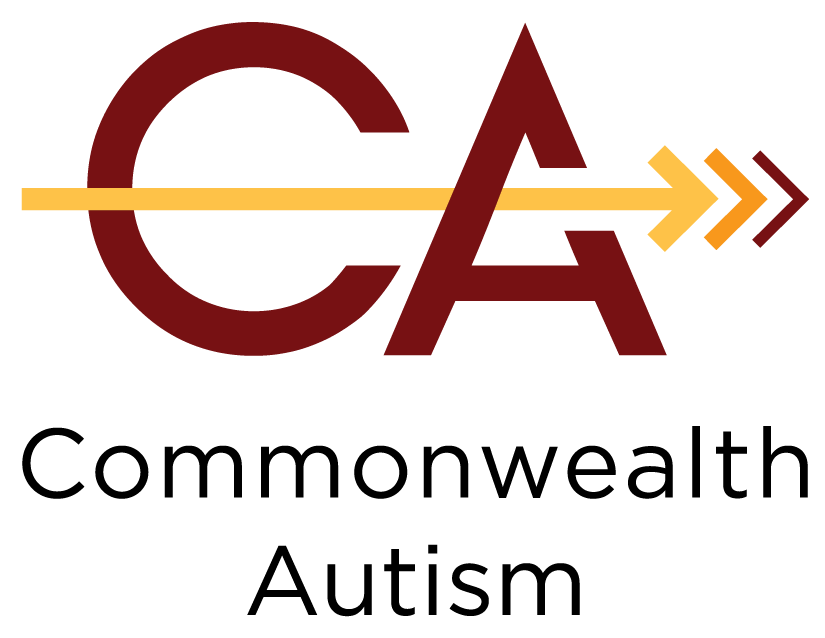

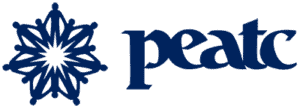
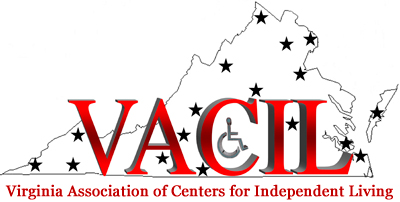
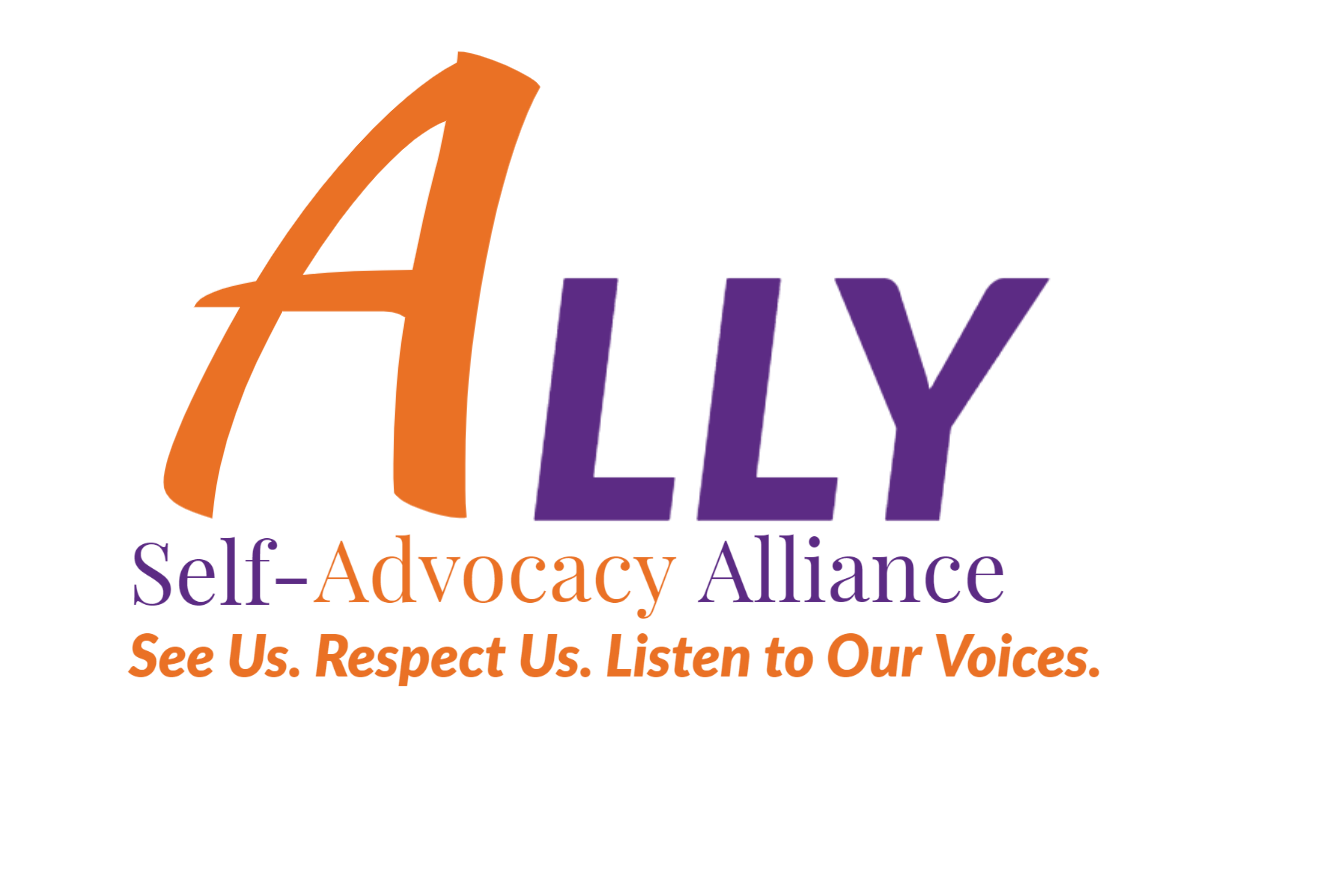
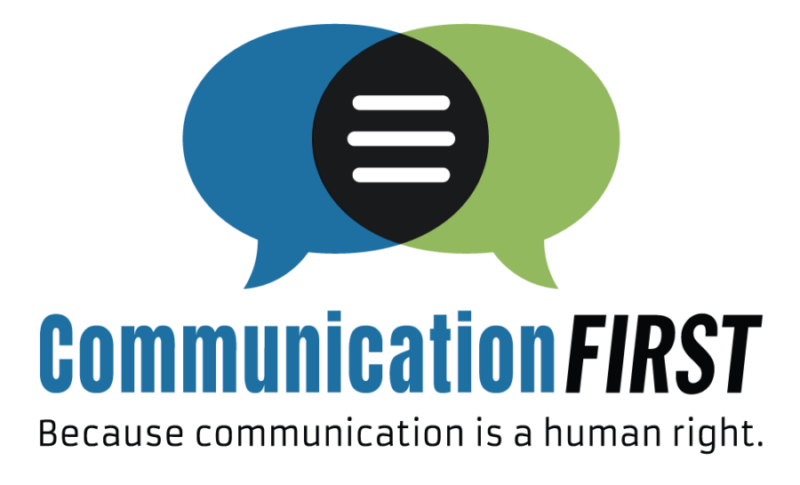
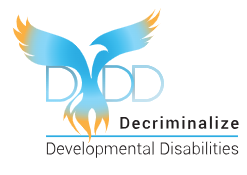

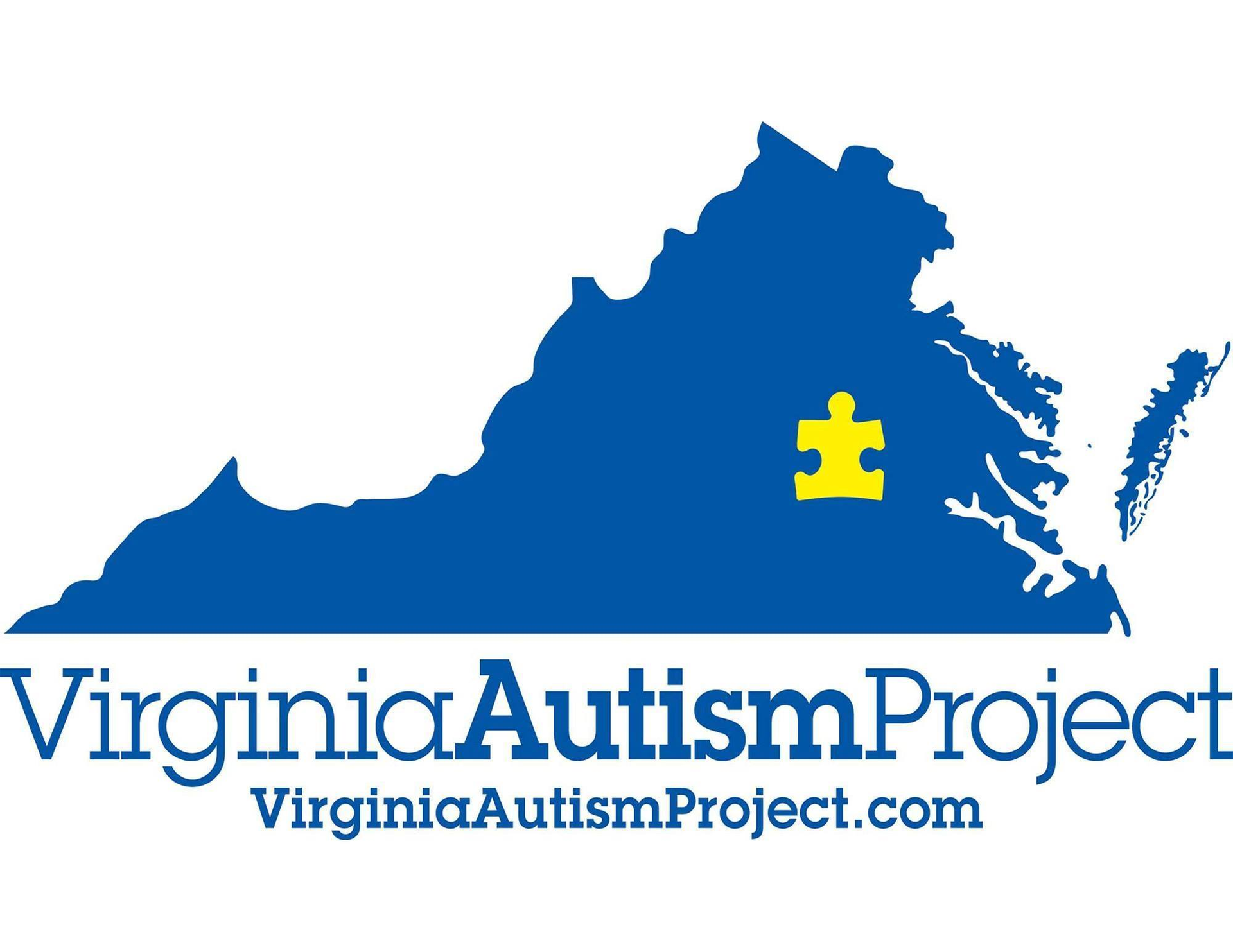
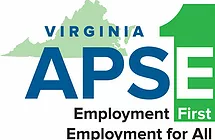
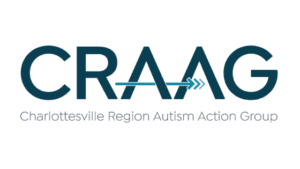


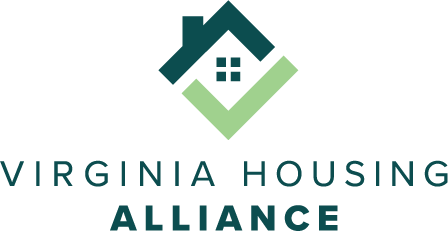
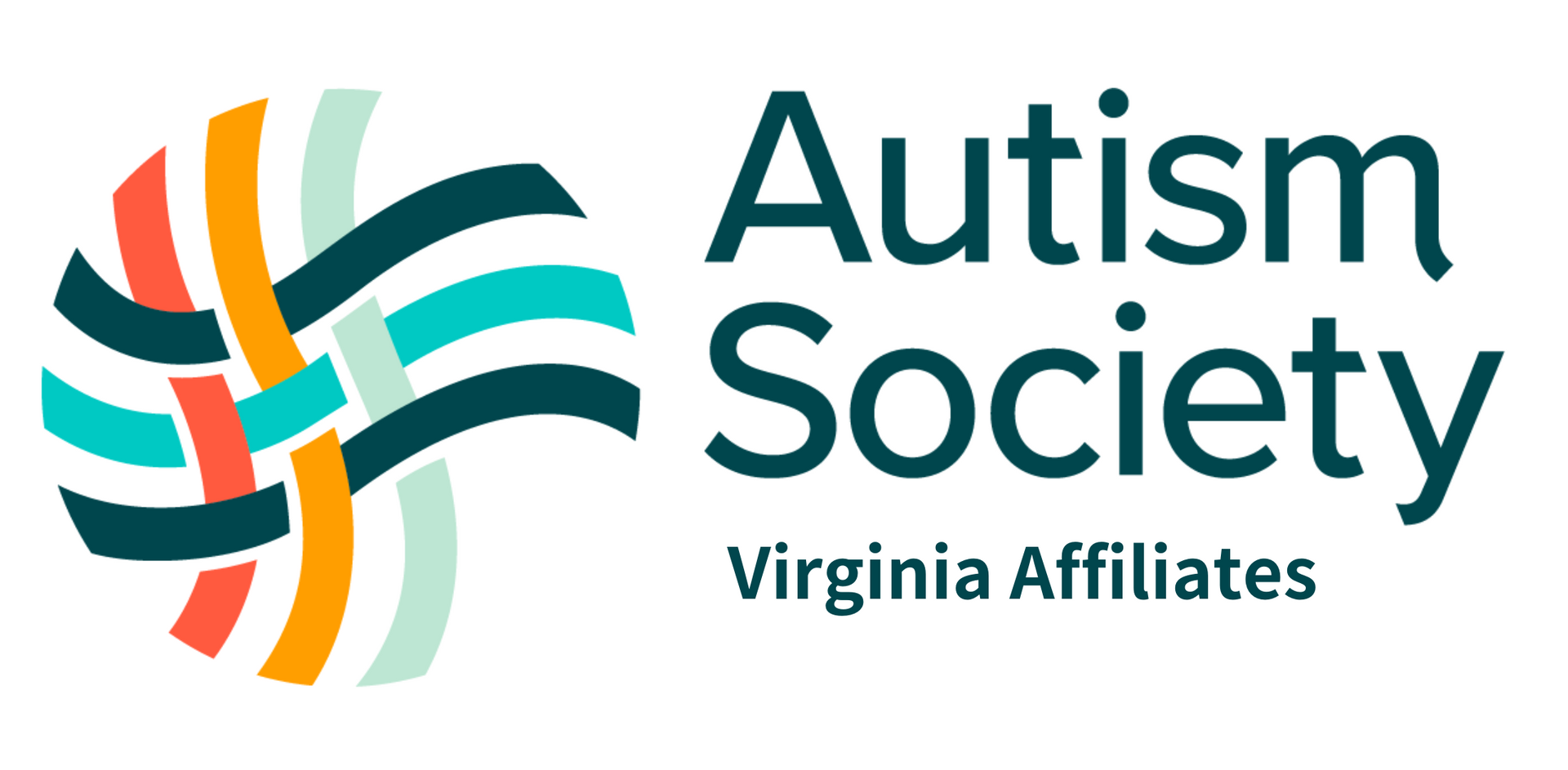

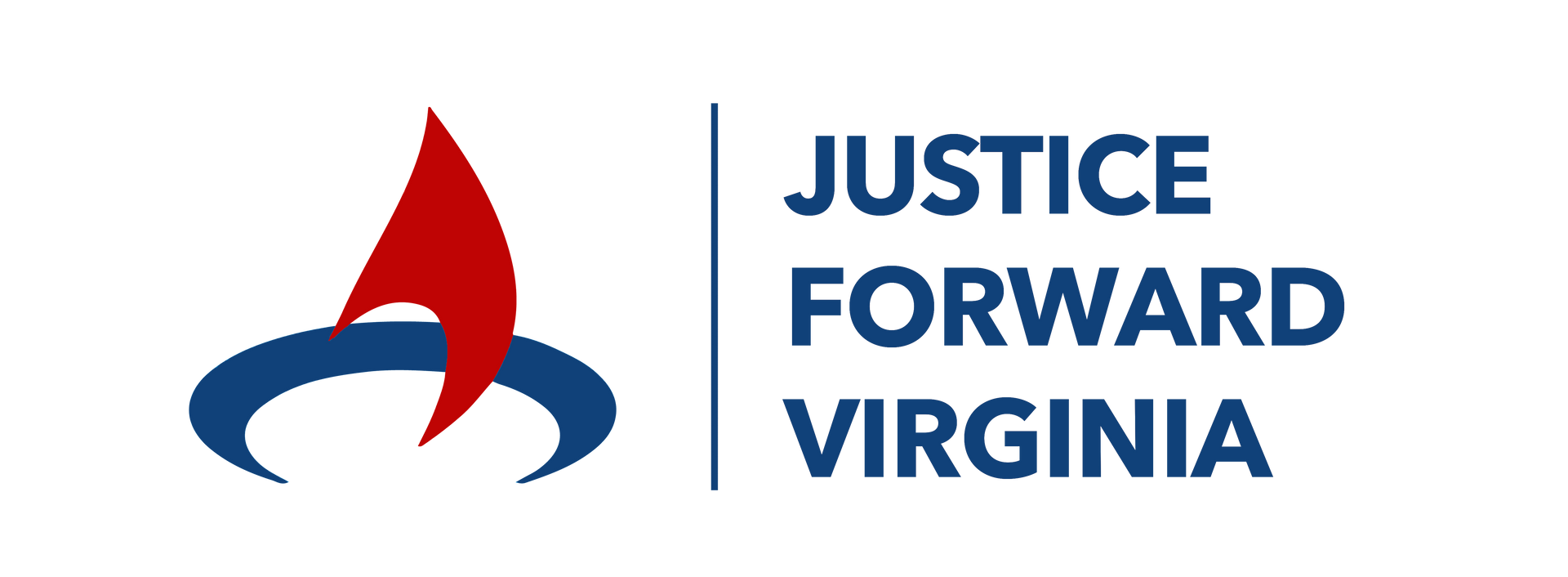

Wearing orange has become part of our strategy. It’s a visible signal that says, “the DD community is here.” Over time, it’s helped us stand out, stay in lawmakers’ minds, and build recognition around our message.
